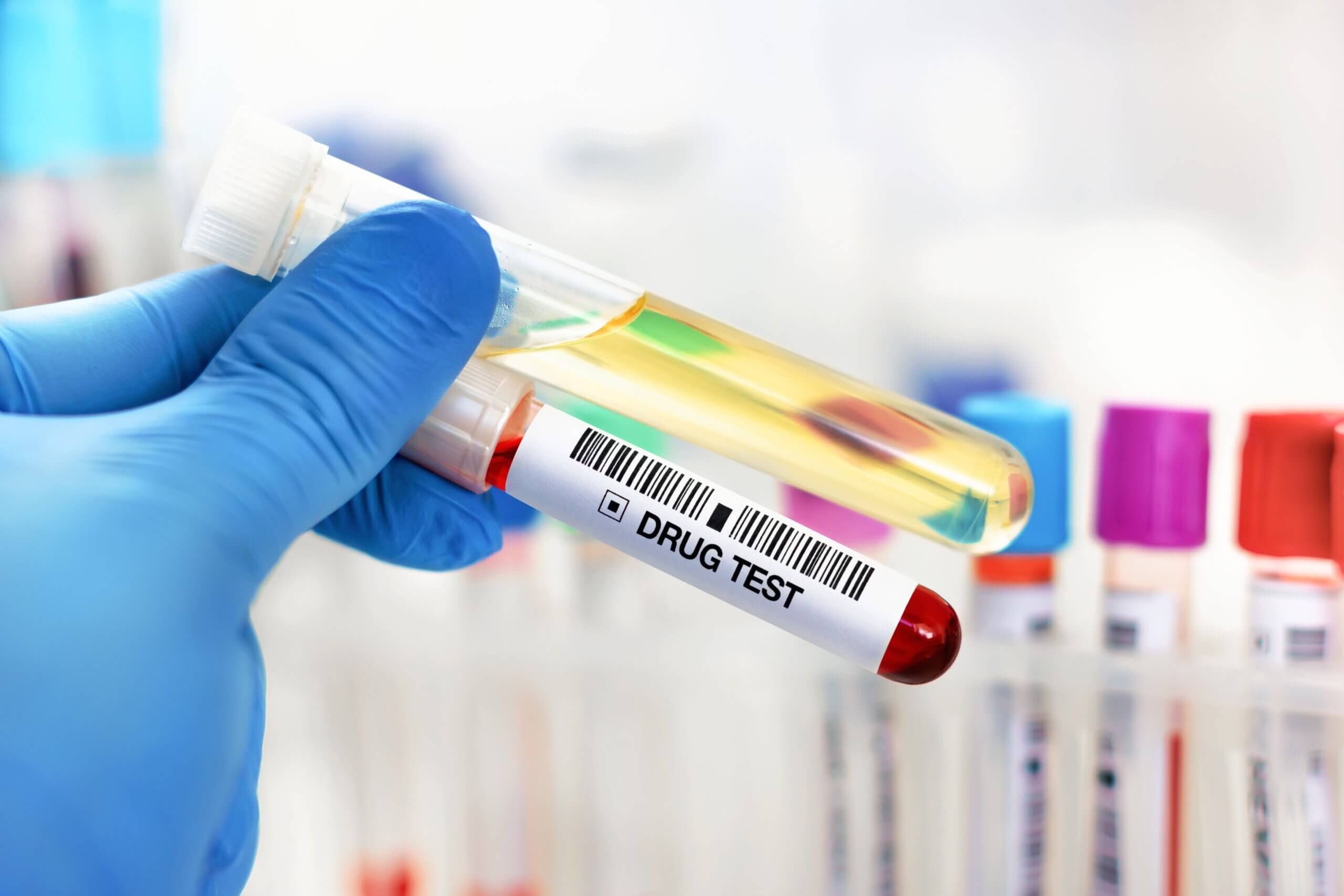But more than a third of grey fleet drivers would not tell their employer if they got points on their driving licence
Alcohol and drug driving rehabilitation expert TTC is encouraging fleet professionals to introduce random alcohol and drug screening for company car and grey fleet drivers. Findings from a TTC poll of grey fleet drivers show that 47% think it’s the right thing to do.
One in two motorists are failing roadside drug tests[i], underlining concerns that users of prescription or recreational drugs are unwittingly placing themselves and other road users at risk. Those who accompany colleagues on work-related road journeys are also worried, with 27% of motorists saying they would welcome random screening because they would then know their colleagues are safe to drive. Meanwhile, over a fifth (21%) said it would make them think twice about drinking alcohol or taking recreational drugs the night before work if they knew their employer could conduct random checks.
David Marsh, CEO of TTC Group explains, “It looks like we have finally reached a stage where people are starting to sit up and take notice of alcohol and drug driving. Less than a quarter of employees questioned said they would object to random testing. These encouraging results, however, do seem at odds with the fact that one in three (35%) won’t actually tell their employer if they receive points on their driving licence for an offence.”
Alcohol and Drug Screening: A Key Part of Employer Duty of Care
However, fleet professionals who conduct regular license checks will quickly be alerted to new points on an employee’s licence, before they become a risk to their business. TTC’s Continuum platform provides employers with accurate Driving Licence checks and verification within three seconds, helping to identify the highest risk drivers and flagging when penalty points are added to employee licences.
Whilst employees now may be more accepting of workplace alcohol and drug screening, employers should live up to their duty of care responsibilities and proactively implement measures to deter both alcohol and drug driving, such as e-Learning training courses. David Marsh concludes, “Businesses have a duty of care to ensure that both grey fleet and company vehicle drivers are fit to perform their work duties safely. This includes educating employees on the dangers of driving under the influence and implementing effective measures to detect and prevent alcohol and drug driving.
“Preventing impaired driving is crucial, and we actively encourage businesses in developing robust driver policies that incorporate fast, accurate screening. By taking proactive steps now, companies can significantly reduce the risk of employees driving under the influence while on work duties, helping to protect their workforce and the public.”

